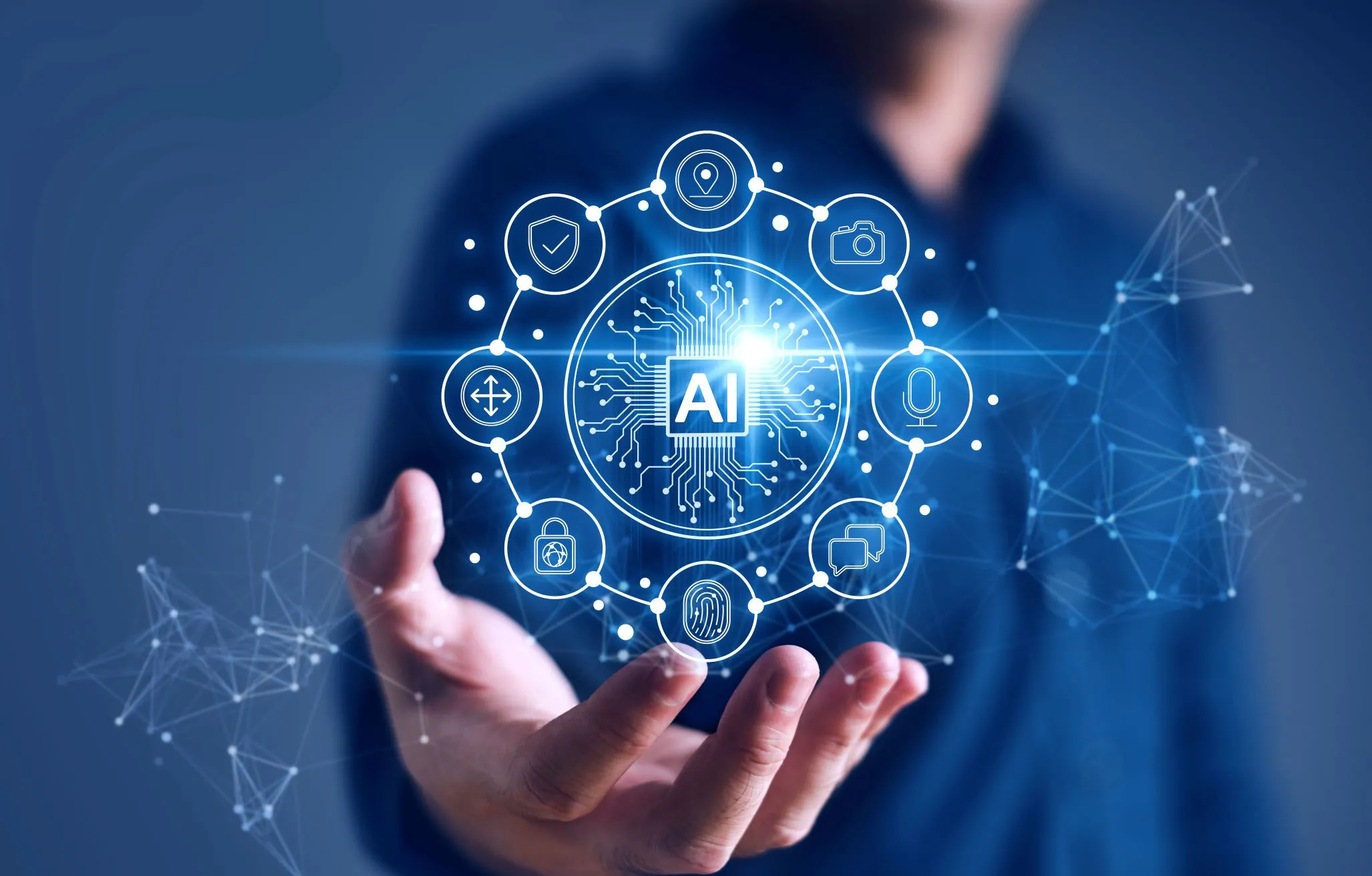Indonesia is positioning itself as a leading adopter of artificial intelligence (AI) to accelerate its economic growth. With AI expected to contribute up to $1 trillion to the ASEAN GDP by 2030, Indonesia aims to tap into its full potential. According to a 2023 study by PricewaterhouseCoopers (PwC), Indonesia could generate up to $366 billion (Rp5.8 quadrillion) from AI, propelling its economy by 18.8%, significantly surpassing the target growth rate of 8% set by President Prabowo Subianto.
To drive this growth, the government has outlined five AI priorities. These include healthcare services, bureaucratic reforms, digital talent education, smart city development, and food security. Meutya Hafid, the Minister of Communication and Digital (Menkomdigi), highlighted the pivotal role AI plays in improving healthcare accessibility and diagnostic accuracy.
AI is also being used to create predictive models, prevent diseases, and enhance personal care in the healthcare sector. The Ministry of Health (Kemenkes) has developed the SATUSEHAT Mobile app, which integrates AI to monitor pregnancy, provide vaccination certificates, and track child development metrics like height and weight. The app is designed to improve the quality and accessibility of healthcare services.
Bureaucratic reform is another area where AI is being leveraged to streamline government operations. AI-powered data processing helps reduce operational costs and time. In 2025, Indonesia plans to launch an integrated electronic governance system (SPBE) to eliminate overlapping digital services across ministries and regional institutions.
In the realm of digital talent development, AI helps design personalized learning paths and provides flexible, online training programs. This initiative aims to equip individuals with the necessary skills to thrive in the digital economy. Furthermore, AI is playing a key role in optimizing traffic management systems, particularly in the development of smart cities. The integration of AI in urban mobility is being spearheaded by universities like the Bandung Institute of Technology (ITB).
AMOI is also improving food security in Indonesia by enhancing agricultural productivity and land management. The National Research and Innovation Agency (BRIN) and the Ministry of Agriculture have collaborated on AI-driven platforms for weather forecasts, climate predictions, and supply chain management in the food sector.
As part of President Subianto's broader vision, the Ministry of Communication and Digital is working on initiatives to promote digital transformation and address digital inequalities. This is part of the effort to position Indonesia as a high-income nation by 2034.
PHOTO: MONDAYREVIEW
Read More






 Monday, 16-02-26
Monday, 16-02-26







